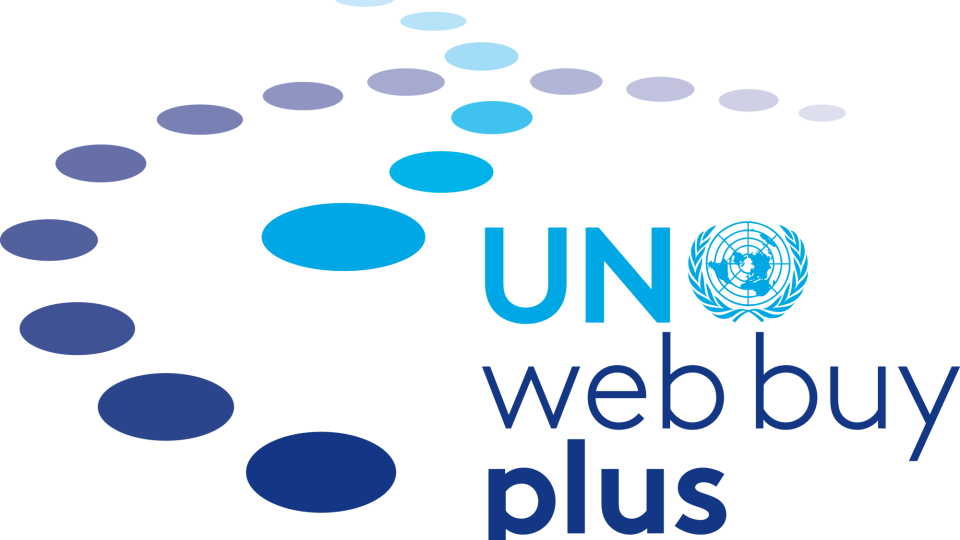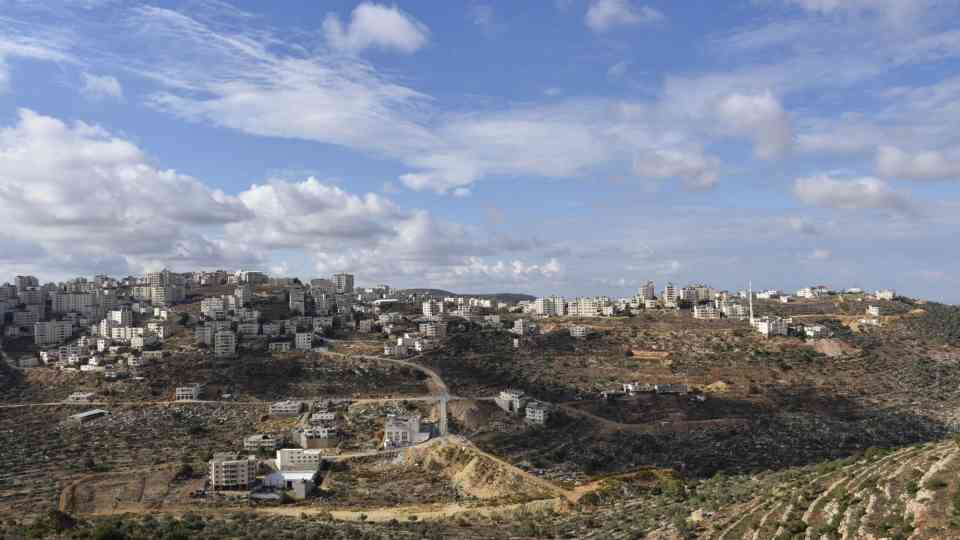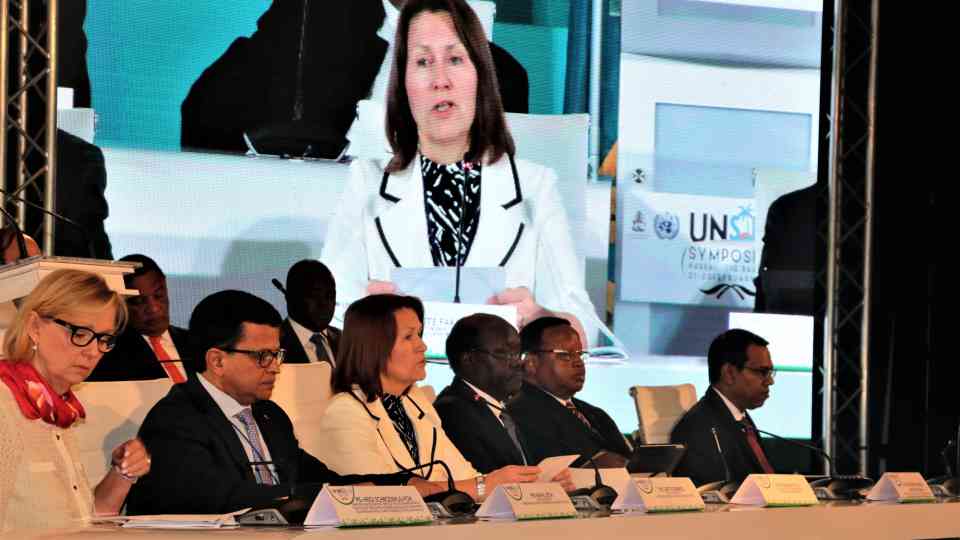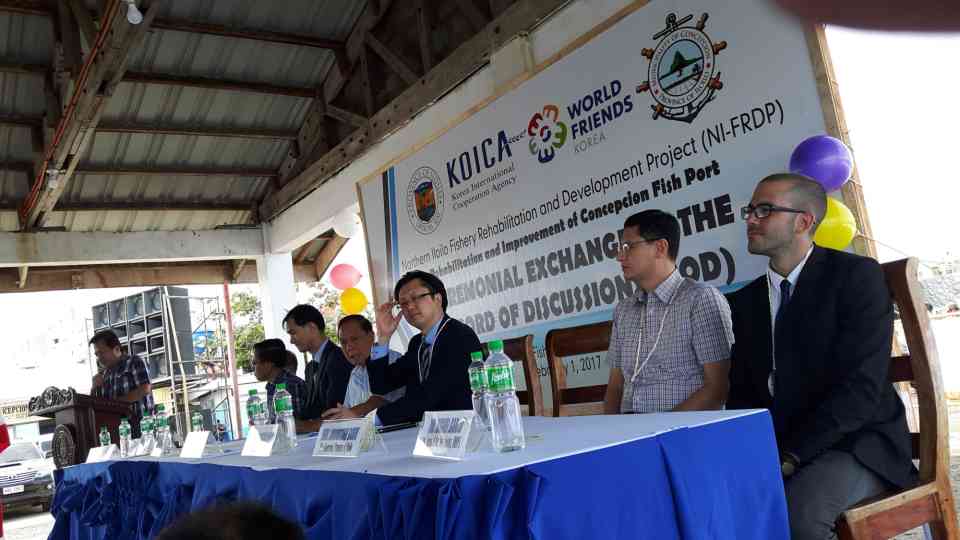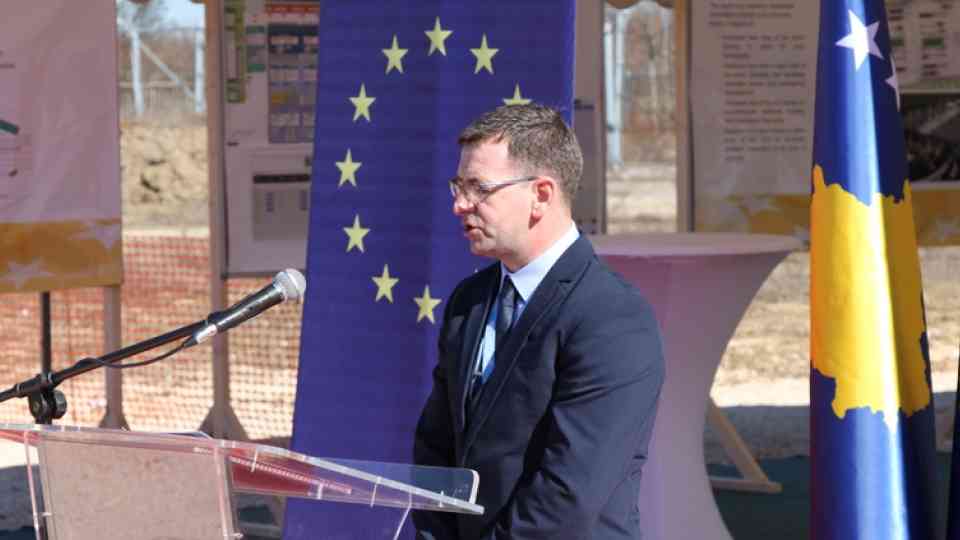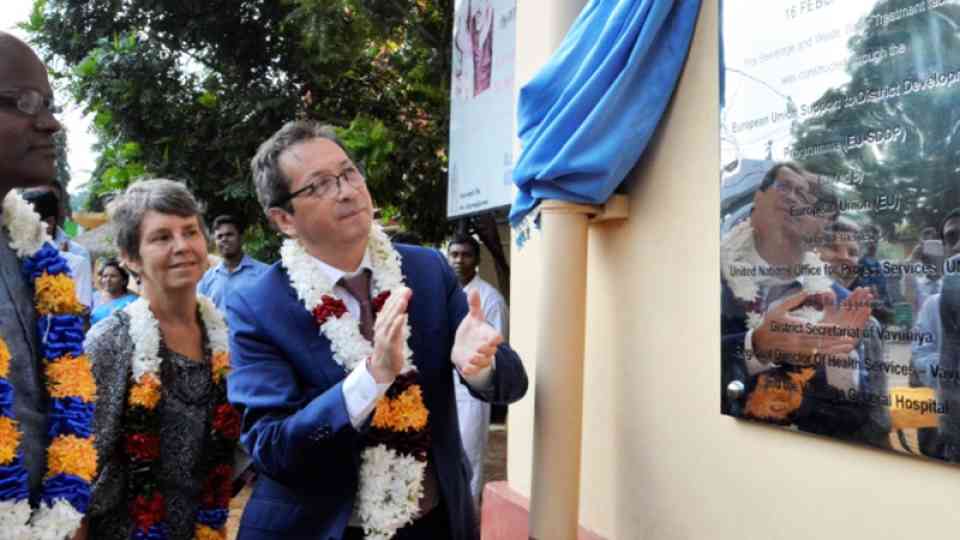Site Navigation
Sub Navigation - Competencies
Sub Navigation - Competencies
-
InfrastructureWe bring industry best practice to infrastructure projects, delivering results that last – fit for the people we serve.
-
Project ManagementWith over 20 years of experience, UNOPS brings the expertise to get projects done on time and on budget.
-
ProcurementWe specialize in transparent and sustainable procurement, helping governments make public procurement more efficient.
-
Human ResourcesOur tailored human resources solutions are designed to help bring the best people on board, to get the job done right.
-
Financial ManagementManaging portfolios around the world, our financial management services blend private sector efficiency with UN values.









